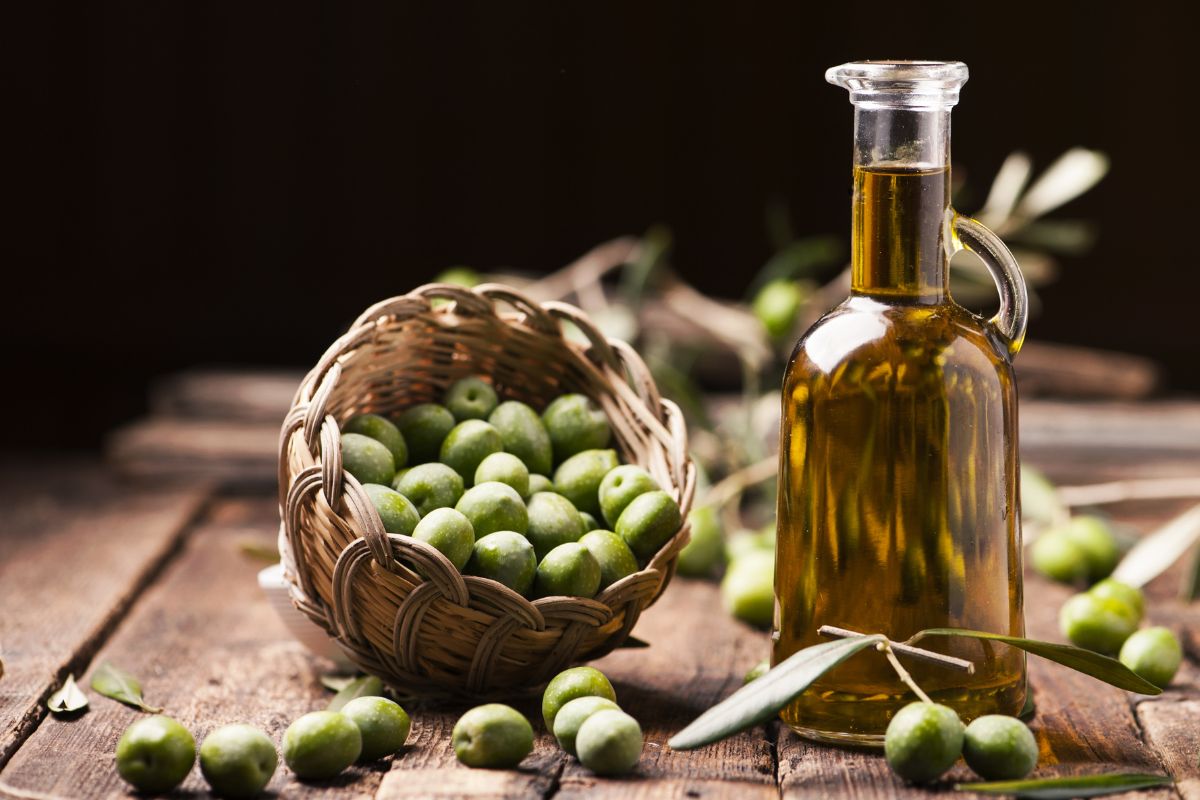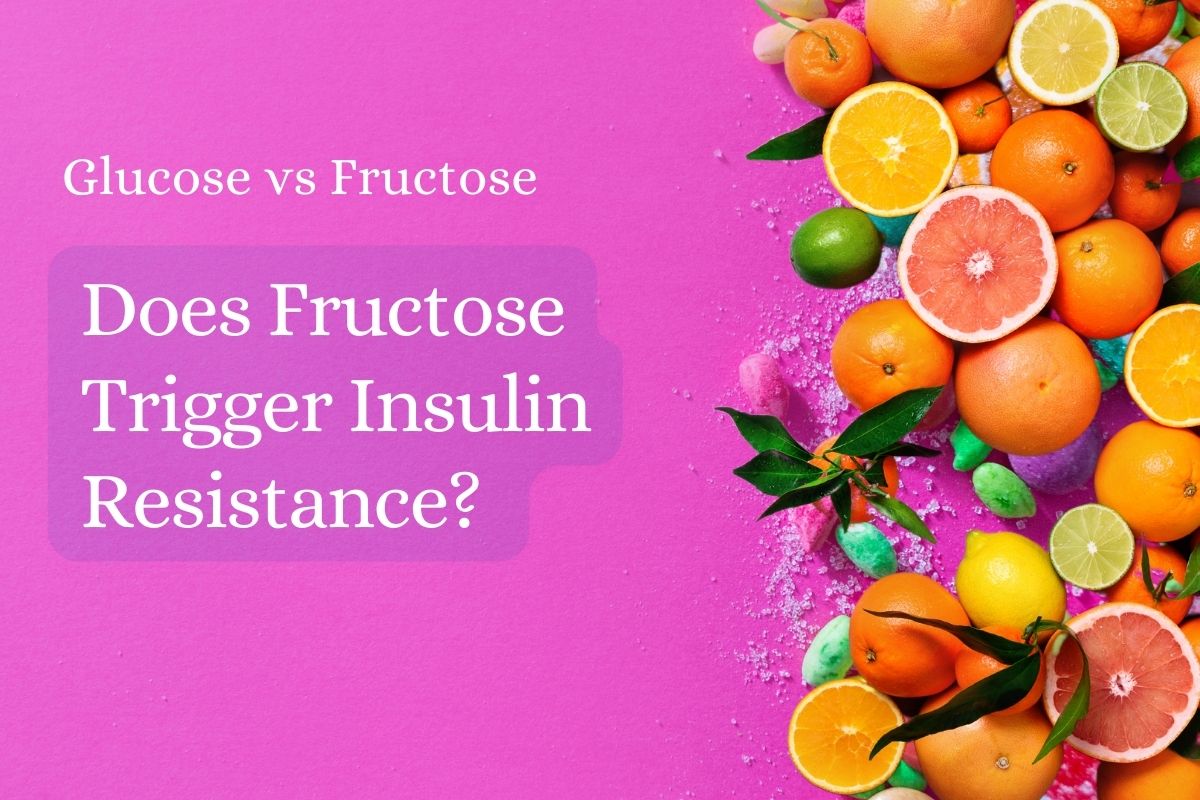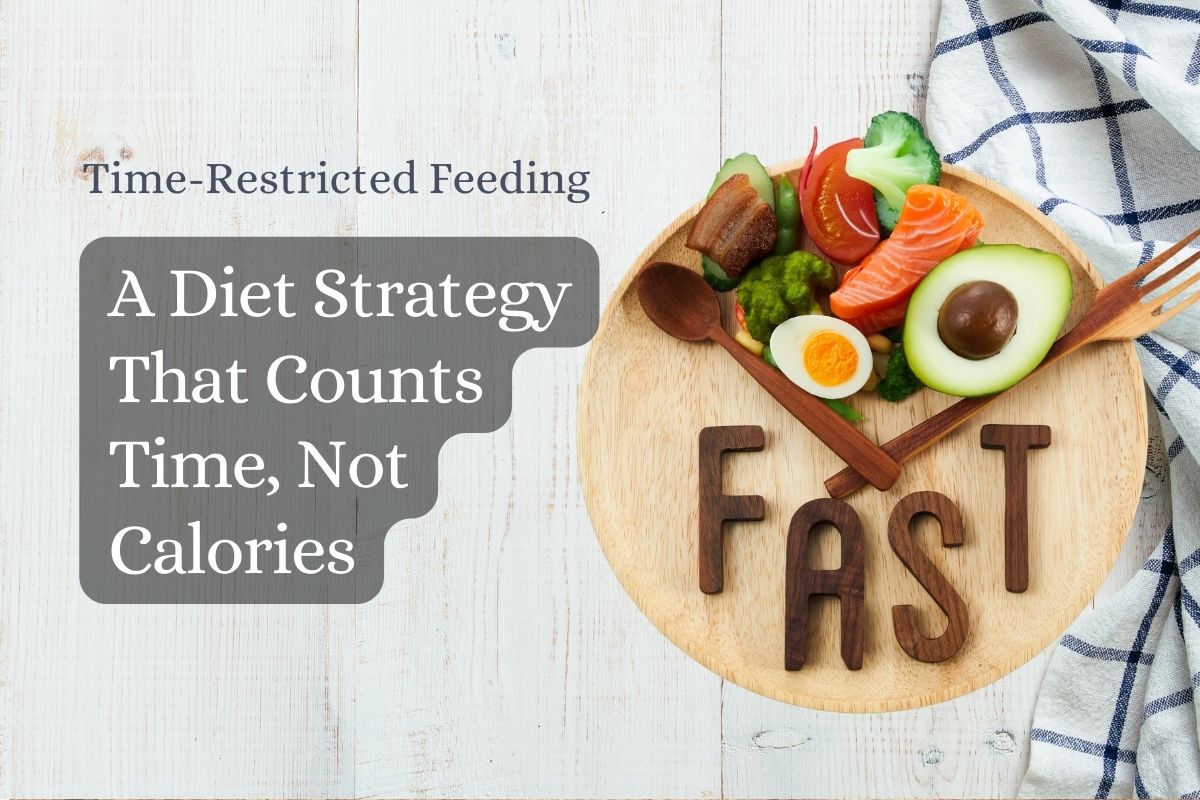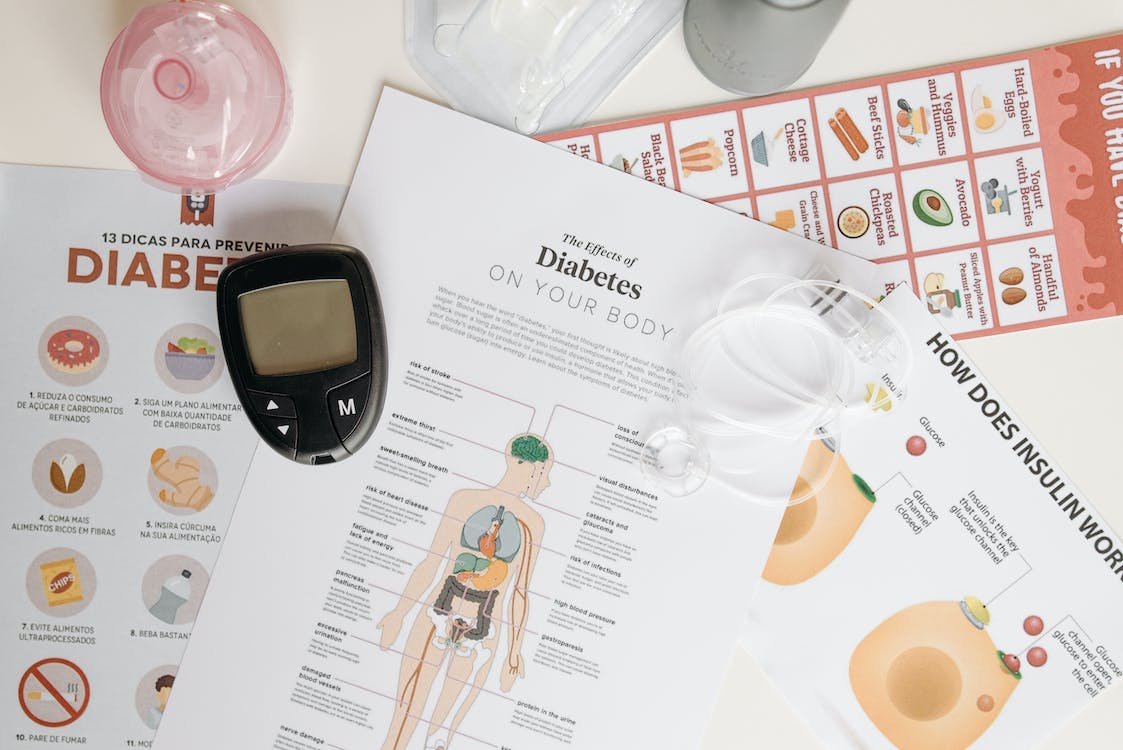

Olive oil (OO) is a key component of the Mediterranean diet, which has been associated with a reduced risk of chronic metabolic diseases, including cardiovascular disease, type 2 diabetes, and metabolic syndrome. OO contains a variety of bioactive compounds, including monounsaturated fatty acids (MUFA) and polyphenols, which may contribute to its beneficial effects on metabolic diseases.
A recent review by Vazquez-Aguilar et al. [13] used metabolomics to unravel available evidence from human, animal, and in vitro studies on the metabolic effects of virgin olive oil (VOO) or its bioactive compounds. Despite heterogeneity between studies, the impact of regular VOO consumption on carbohydrate, lipid, and amino acid metabolism was shown.
Effects on lipid metabolism
OO can modify lipidic metabolism, optimizing circulating cholesterol and triglyceride levels and reducing LDL oxidation. In a randomized trial, a Mediterranean diet associated with 8 g/day OO intake for 2 years reduced triglycerides and total cholesterol levels and increased HDL levels. Another study showed that 1 year of a Mediterranean diet plus VOO intake enhanced LDL resistance to oxidation, reduced changes related to oxidative stress, increased their size, and cholesterol content compared to a low-fat diet.
Effects on glycidic metabolism
The PREDIMED study confirmed that a Mediterranean diet plus VOO can improve glucose metabolism, preventing diabetes onset. In another subgroup of patients from the PREDIMED study, a Mediterranean diet plus VOO and a Mediterranean diet plus nuts increased the adiponectin/leptin ratio and the adiponectin/HOMA-IR ratio compared to baseline. Extra virgin olive oil should influence glucose metabolism, reducing dipeptidyl peptidase-4 activity and resulting in an increase in the glucagon-like peptide-1 incretin-pattern.
Conclusion
The findings of Vazquez-Aguilar et al. [13] provide further evidence that the regular consumption of VOO may have beneficial effects on metabolic diseases. The combined action of MUFA and polyphenol components on different metabolic pathways may contribute positively to control lipid metabolism, favor good glycemic control, and ensure good anti-inflammatory activity.
Additional benefits of olive oil for cardiovascular health
In addition to its effects on metabolic diseases, olive oil has also been shown to have other benefits for cardiovascular health, including:
Overall, the evidence suggests that olive oil is a healthy fat that can have beneficial effects on metabolic diseases and cardiovascular health. Adding olive oil into your diet can be a sensible choice for your overall health and well-being.
Reference Source:






